(AfroGamers.com) This year marks Sega’s 60th anniversary. The company entered the video game business in 1973. It was in the 1970s that Sega capitalized on the arcade boom.
With news that competitor Nintendo was working on the Famicon or Family Computer, Sega began work on their SG-1000. Both consoles released on July 15, 1983. The Famicon would go on to be a success in Japan and in the West as the OG Nintendo Entertainment System.
Needing more “umph” to really compete against Nintendo, Sega released one of its most legendary console, the Master System in 1985. The company’s other legendary console, the Mega Drive/Genesis was released only three years later.
Releasing a successor console in the same generation even though the Master System’s sales were strong would become one of those “Segaisms” in the years to come. The company’s tendency to release a new console early or extra attachments would become a major factor in the company’s downfall as a console manufacturer.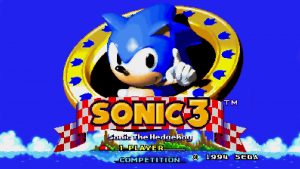
We’re going to go 5 for 60 and list five of the best Sega games ever.
Sonic the Hedgehog 3 (1994, Mega Drive/Genesis)
This was the third Sonic game I’d played after Sonic the Hedgehog 2 and Sonic Spinball—both are extremely fun, by the way. Sonic 3 was a game that pushed the graphics of the six-year old console. While it was much of the same Sonic stuff you would’ve seen in the first two games, the levels felt bigger and were more vibrant, the music was incredible (including tracks by Sonic series fan Michael Jackson which were reworked), Sonic had more power-ups and moves, and the boss fights required just as much skill as they did in Sonic 2.
Then Sega came with the Sonic & Knuckles add-on that allowed you to play as Knuckles. I don’t know how they figured to make an attachment for the game so you could play as this one character. The two games were supposed to be one title but the developers had a deadline and S&K dropped eight months later. This add-on also changed up the stages a bit and had other goodies.
However, the standalone Sonic the Hedgehog 3 game is an action-platformer worth playing.
Shenmue (1999, Dreamcast)
Developed for Sega’s final console, the Dreamcast, Shenmue is the ultimate game on the console. It’s an action-adventure game that takes place in 1986 Yokosuka. A young martial artist named Ryo Hazuki lives at the family’s home/dojo with his father who is killed by another martial artist named Lan Di. The player investigates his father’s murder while also keeping up relationships with close friends, talking with locals, and even working at the docks.
You’re able to buy goods you’d see in the real world and you’re even able to play some older Sega arcade games. Shenmue is the game that really popularized Quick Time Events in games. It also presented a day-night cycle and a weather cycle that used historical weather records for Yokosuka at the time.
At $47 million, the game was Sega’s most expensive project, the most money spent on development up until that time, and one of Sega’s biggest failures. While it was well received and sold 1.2 million, it didn’t sell enough to warrant the budget. Despite that, a sequel was released in 2001 and was also well received. That aside, the game has some boring moments but it was ahead of most games out on console at the time.
Both games as well as Shenmue III—released in 2019—are available on PC, PlayStation 4, and Xbox One.
Streets of Rage 2 (1992, Mega Drive/Genesis)
What can I say about Streets of Rage 2? I enjoyed it much more than the first one. It’s a beat ‘em up where you pummel all enemies on the screen before moving on to the next part of the stage. At the end of the stage, you’re given a boss. You’re able to pick up weapons, food for your health can be found either…lying on the ground or inside trashcans, mailboxes, and crates.
This is the flow for a lot of beat ‘em ups but especially Streets. As for the story, it’s the one of the most stock of 80s and 90s action/martial arts films. In the first game, gangs basically took over the city and were doing their dirt as they please. Also, the police department was corrupt. Three members leave the force and take to the streets cleaning up the place…with their fists…of rage!
After succeeding, there’s a year of peace where one member returns to the force while the other two moves away and start their lives over. In Streets of Rage 2, the member who returned to the police force is kidnapped by their enemy. The officer’s brother enlists the help of his brother’s comrades and another guy to rescue him.
It’s not the most creative storyline nor is the gameplay the most unique but everyone works flawlessly. This is a great beat ‘em up to play through. It’s only competition from the period was Final Fight—which was the franchise’s inspiration—and Teenage Mutant Ninja Turtles: Turtles in Time.
House of the Dead (1996, Arcade/Saturn/PC)
Oh! This game was a blast! While I never owned a Sega Saturn, I did get to play House of the Dead at play place arcades as a kid. This was a light gun game—the arcade cabinets that you see with two guns—where you enter this mansion to find your fiancée. The mansion is owned by a professor who has gone off the deep end with his experiments and now the place is riddled with them.
As you’ve guessed, you’re there to save your fiancée and to do that, you’re going to have to kill a ton of zombies and monsters. It’s simple and the game moves for you but it’s an awesome game that tests your reflexes and awareness.
Yakuza (2005, PlayStation 2)
By 2002, Sega was out of the console business and doing games for other consoles. The Dreamcast continued to sell for years afterwards but Sega had moved on. Yakuza is an open-world action game focused on yakuza member Kazuma Kiryu. He’s just been released from prison after taking the fall for his best friend after he kills their boss for trying to force himself on Kazuma’s childhood friend.
Once out, he finds that the world he knew was totally different and that the people he knew have also changed for the most part. The story escalates as Kazuma finds himself in the thick of the yakuza’s business and other intrigue. Like Shenmue, Yakuza was another game that was ahead of the curve. It featured the strong storytelling and attention to realism of Shenmue but modernized it heavily.
I maintain that Yakuza is a more action-oriented Shenmue. That isn’t to downplay Yakuza at all as Shenmue is an incredible game that moves pretty slowly. This game is as if Shenmue was on PCP. The 2005 game would go on to launch a large franchise which has become one of Sega’s cornerstones.
What are some of your favorite Sega games? Let us know in the comments!
Staff Writer; M. Swift
This talented writer is also a podcast host, and comic book fan who loves all things old school. One may also find him on Twitter at; metalswift.
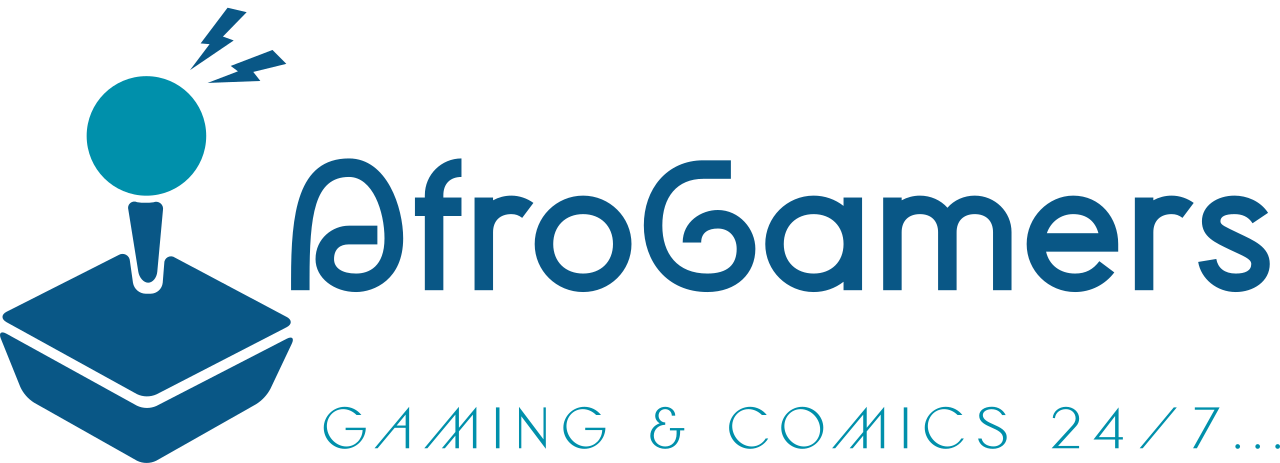
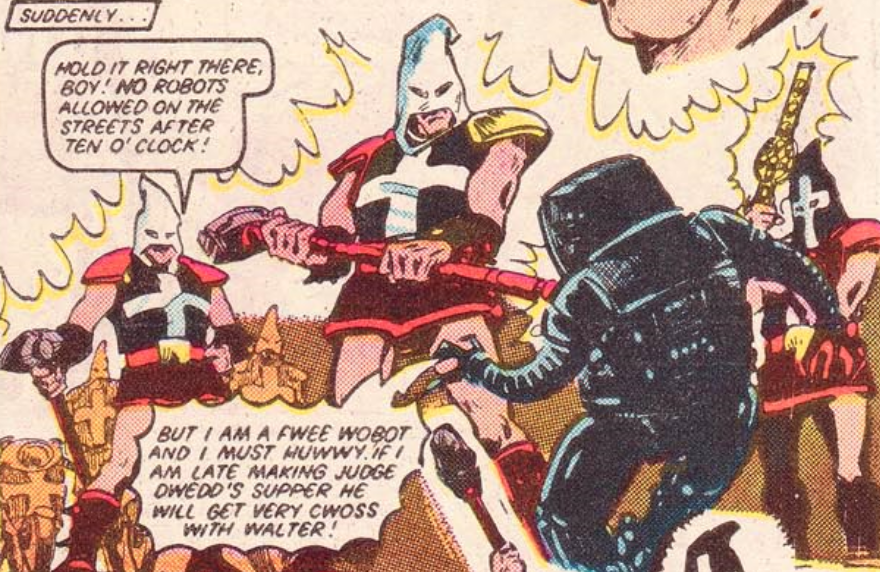




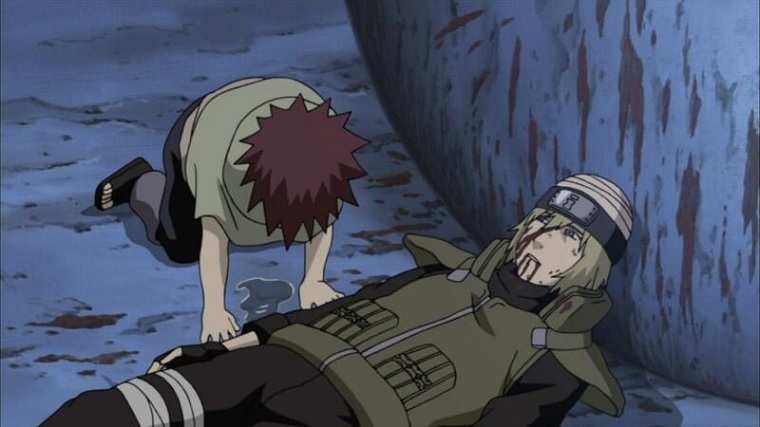

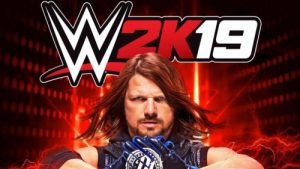
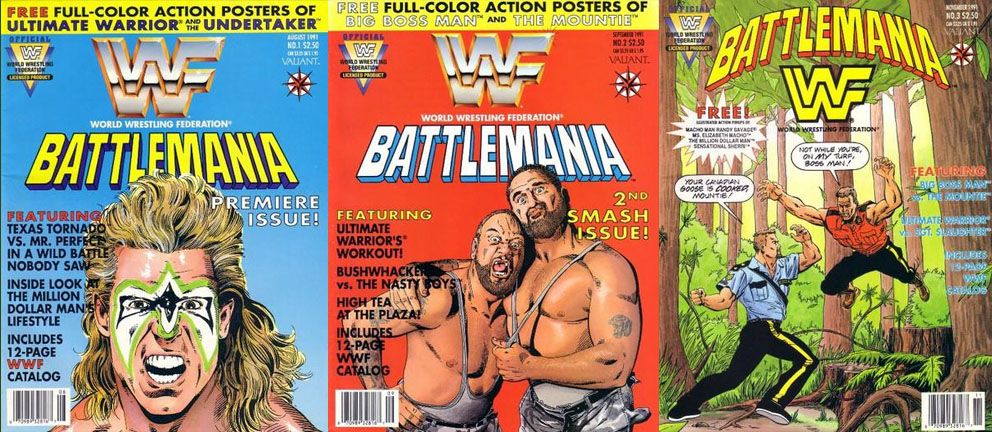
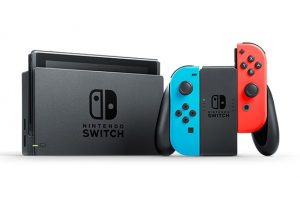
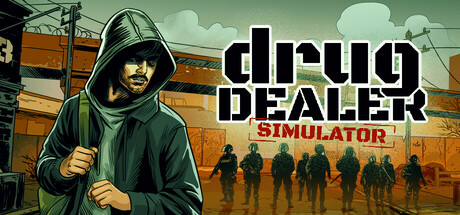
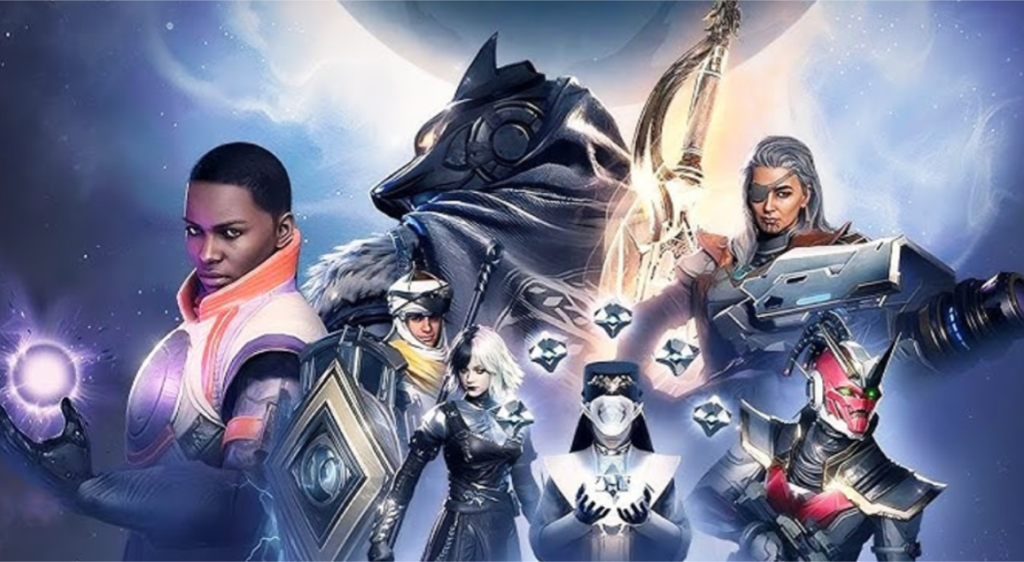
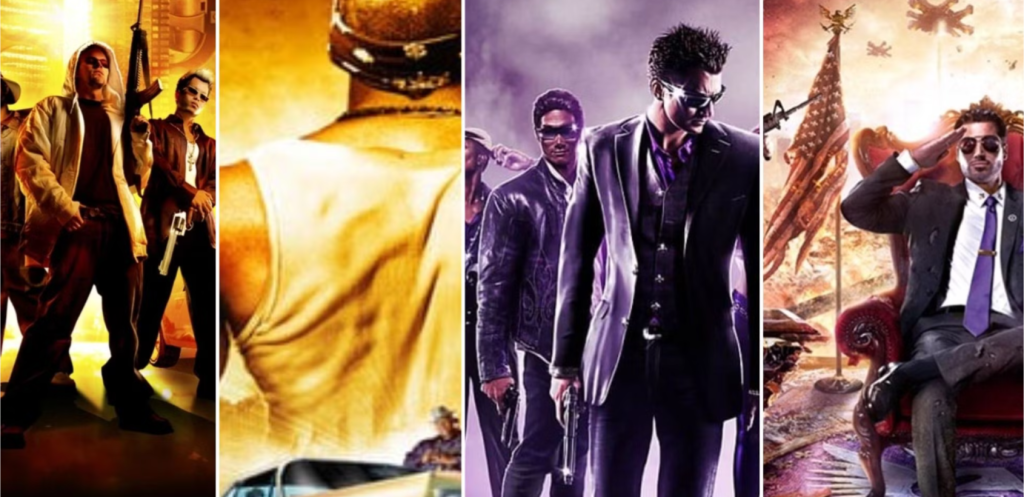

Leave a Reply